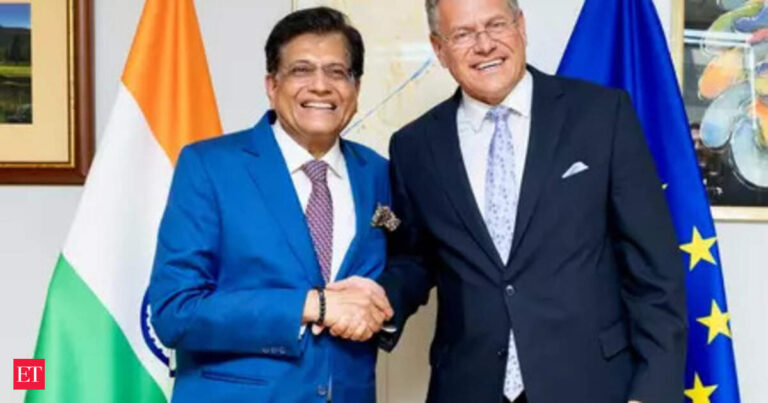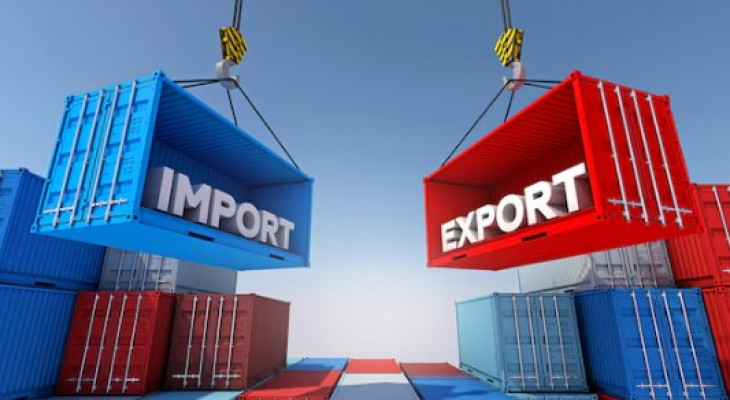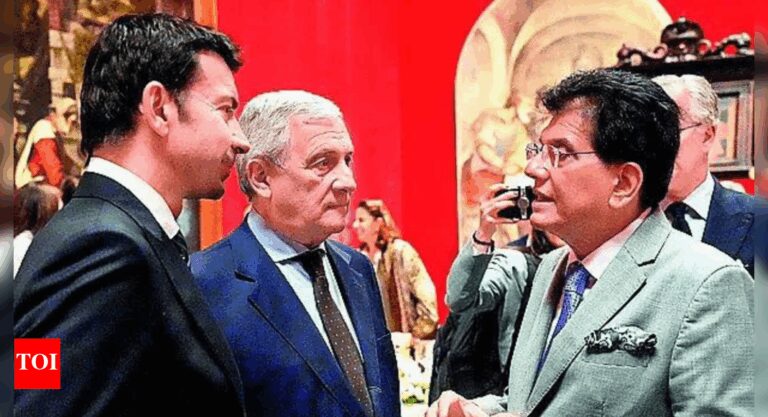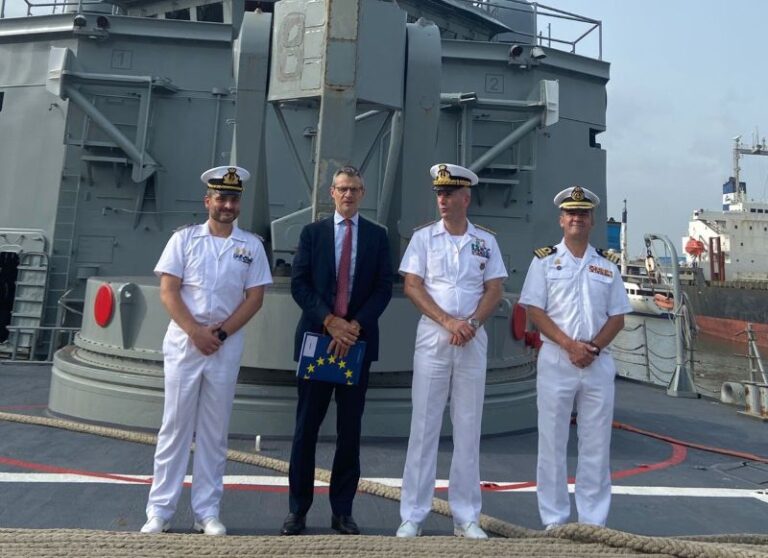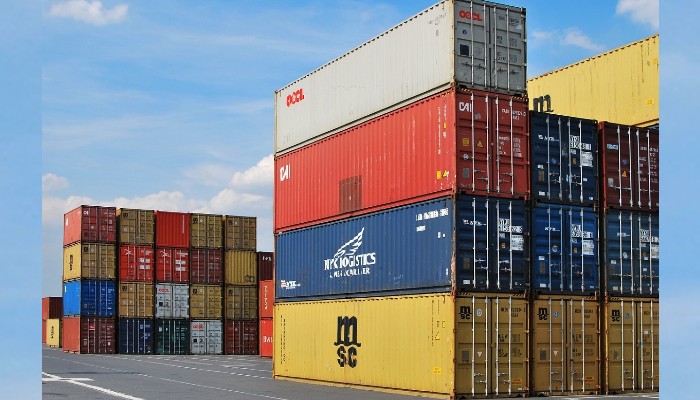
India and the European Union (EU) intensify negotiations to finalize a free trade agreement (ALE) which should strengthen trade, technological cooperation and economic integration between the two regions. The Minister of Trade and Union Industry, Piyush Goyal, in an interaction with EU ambassadors and senior officials, stressed the importance of an “balanced, ambitious, complete and mutually beneficial ale “To unlock the immense potential of trade relations in India-EU.
The discussions took place in New Delhi on Thursday, December 12, 2024), with representatives of 18 EU member states and the European Commission. The Goyal Minister was accompanied by the Minister of State for Commerce and Industry Jitin Prasada and senior officials from the Indian Ministry of Commerce. The interaction offered a platform to assess progress after nine cycles of Intense Ale negotiations.
The Goyal Minister stressed that negotiations require political orientations to overcome obstacles and arrive at a commercially significant agreement that respects the sensitivities of the two parties. He stressed that any discussion on sustainability must adhere to the principle of common but differentiated responsibility (CBDR), guaranteeing fair paths for development in the light of different national circumstances.
“The Indian economy, which should grow at 7 to 8% per year, is expected to become the third world economy in the coming years,” said Goyal. He expressed the optimism that exponential growth would push India’s GDP at 35 billions of dollars by 2047, presenting important opportunities for the EU to draw on the nascent market of India and the channels of resilient supply.
Unexploited potential of the Indian-EU partnership
EU representatives have echoed the feeling, highlighting the unexploited potential of the partnership. They noted that more in -depth economic integration would lead to mutual advantages by strengthening trade links and building resilient supply chains. The EU considers this ALE as a strategic opportunity, not only to increase market access for European companies, but also to support global commercial governance and promote sustainable development.
India is the only nation apart from the United States with which the EU has created a trade and technology council.
The EU is India’s largest trading partner against goods, bilateral trade reaching 137.41 billion dollars in 2023-24. The trade in services between the two regions was $ 51.45 billion in 2023, highlighting the solid economic interdependence. The proposed ALE should further diversify the export portfolio of India, improving the opportunities of goods and services while guaranteeing chains of secure and sustainable value.
The key sectors under negotiation include industrial goods, agricultural products, services, public procurement, intellectual property and sustainable development. A well -balanced agreement could also strengthen the initiative of India India and support its ambition to become a global manufacturing center.
Challenges in negotiations
Despite the momentum, the ALE negotiations face challenges, including different approaches to sustainability, prices and regulatory standards. Political obstacles, such as the recent EU ban on 700 Indian pharmaceutical products, have talks. India’s disappointment with regard to the unilateral ban stressed the need for mutual respect and balanced decision -making in negotiations.
A critical problem remains the balance of commercial services. Although the liberalization of services can promote India, reductions in goods of goods could cause loss of income. Experts also wonder if the agreement will focus only on shallow integration – limited to goods – or extends to deeper forms, such as competition policy and investment executives.
India-EU FTA has significant political and economic importance for both regions. For the EU, it would represent its first Ale with an emerging economy, aligning its objective of promoting world trade partnerships. For India, the agreement supports its strategic aspirations to strengthen regional and global leadership, by taking advantage of its increasing middle class and its industrial base.
The agreement is also aligned with the “Act East” policies of India and “First” of the district, promoting economic resilience and integration through Asia and Europe.
An accent renewed on collaboration
The interaction between India and EU officials underlined the urgent need for political momentum to invigorate negotiations. The two parties expressed optimism as to the conclusion of an agreement which relates to key challenges while unlocking growth and collaboration opportunities.
In a global economy faced with the disruption of the supply chain and the challenges of sustainability, the FTA India-EU represents a cooperation lighthouse. Filling for gaps and promoting integration, the agreement has the potential to redefine commercial dynamics, stimulate innovation and strengthen the partnership between two of the most dynamic regions of the world.
As the negotiations are advancing, the Indian-EU FTA testifies to the sustainable force of diplomacy and economic collaboration, paving the way to a new era of shared prosperity and progress.
